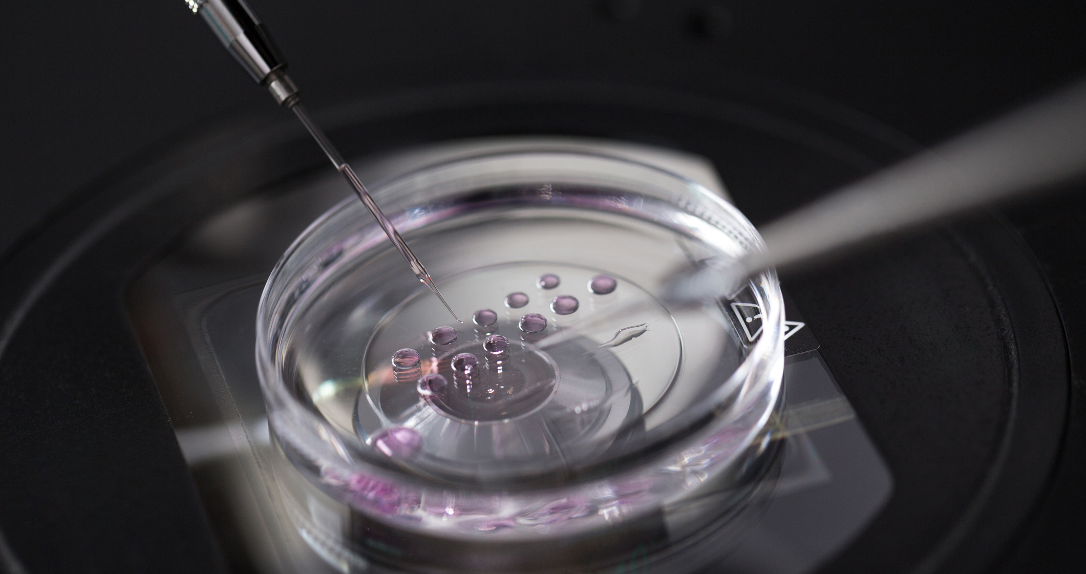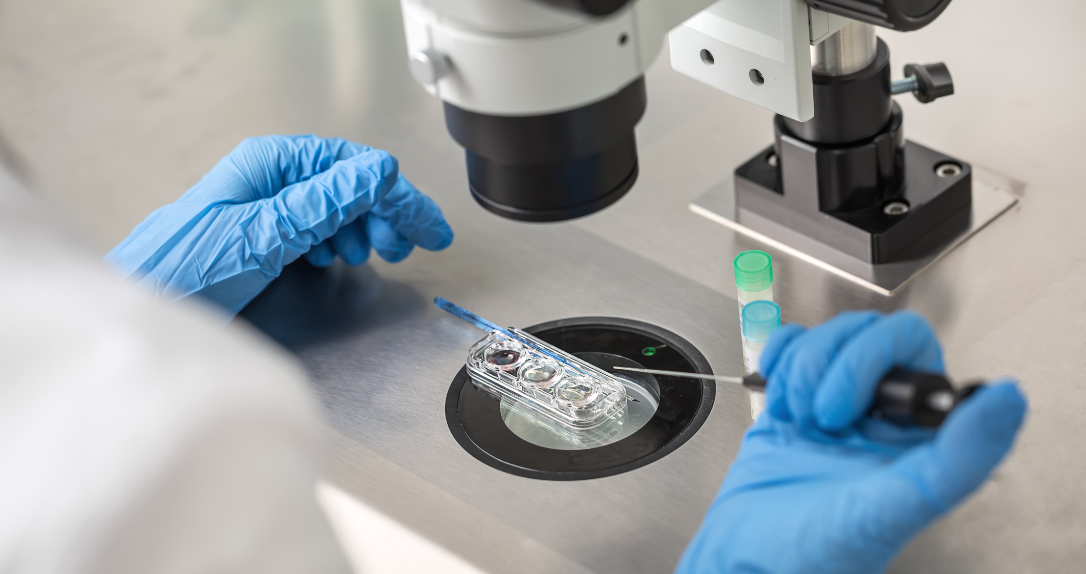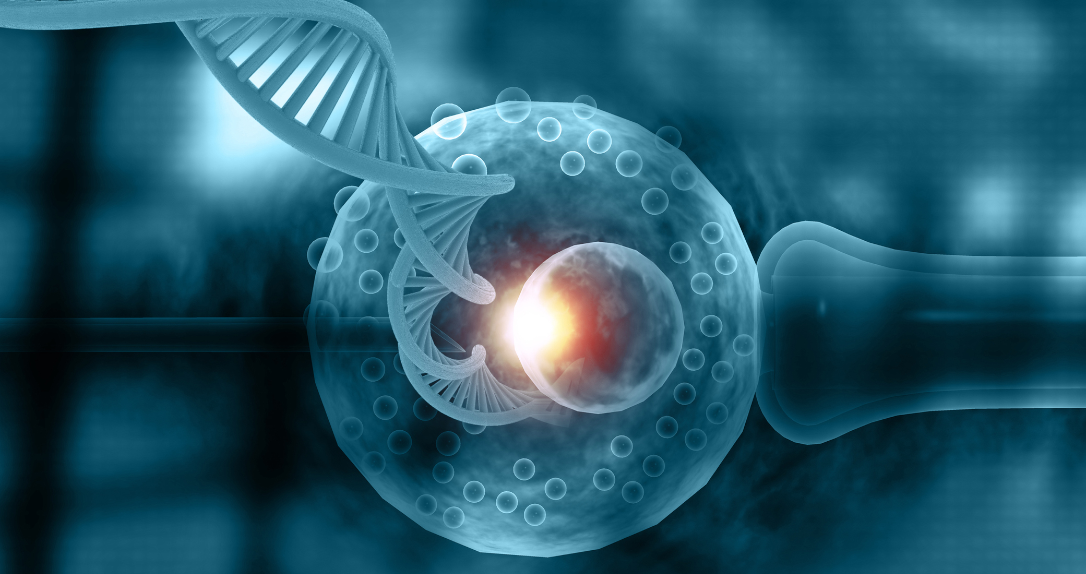 In vitro fertilization (IVF) refers to a procedure in which an egg (or oocyte) is fertilized outside of the body and then transferred into the woman’s uterus. Today, IVF is the most commonly used treatment to improve your chances of pregnancy.
In vitro fertilization (IVF) refers to a procedure in which an egg (or oocyte) is fertilized outside of the body and then transferred into the woman’s uterus. Today, IVF is the most commonly used treatment to improve your chances of pregnancy.
IVF is a gold standard in reproductive endocrinology and is the most successful fertility treatment currently available. IVF treatment offers the quickest route to pregnancy and has the highest success rates of any Assisted Reproductive Technology (ART).
Starting the IVF treatment process is exciting and nerve-wracking at the same time. You are in good hands with IVF Canada, where physicians have performed the very first successful IVF pregnancy in Canada and continue to be leaders in the field of reproductive medicine. Our knowledgeable fertility team assists and guides every step of the way.
IVF involves stimulation of the ovaries to produce one or multiple follicles containing eggs. Secondly, these eggs are retrieved, and fertilized with conventional IVF or Intra-cytoplasmic sperm injection (ICSI) using a prepared sperm sample to create embryos. A viable or embryos is then transferred back to the uterus.
Our dedicated nursing team, IVF specialists, and support staff are here to answer any questions you have and support you through the IVF process.
This process can be divided into several phases.

At IVF Canada, we perform a thorough evaluation prior to commencing an IVF treatment cycle and depending on the results, advise patients on pre-treatment preparation, including any medications.
Ovarian stimulation involves a schedule of daily injections of a stimulating hormone over a course of 8-12 days. During this time, your ovarian response is closely monitored using state-of-the-art ultrasound techniques and laboratory tests.
The egg collection is a minor procedure where one by one, the eggs are drawn using a suction device. The egg retrieval process is quick and painless. A sedation is given with a surgical time of under 30 minutes. No stitches or scars will appear.
As for the male partner, a semen sample is supplied prior to the procedure or alternatively a frozen or donor sperm sample is prepared.


PGT-A (Preimplantation Genetic Testing for Aneuploidies) is a screening process that examines the chromosomes of embryos created through in vitro fertilization to detect any abnormalities, such as Down syndrome or other chromosomal imbalances. By identifying embryos with the correct number of chromosomes, PGT-A helps select embryos most likely to develop into a healthy pregnancy, reducing the risk of miscarriage and increasing the chance of a successful outcome.
Embryo transfers takes place between 3 or 5 days after fertilization in the case of fresh cycles, or at a planned time in the case of frozen embryo transfer. The procedure is quick, painless and takes approximately 15 minutes to complete. The fertility specialist inserts a flexible catheter into the vagina, through the cervix and into the uterus and using a syringe, place the embryo(s) into the uterus.
It may take up to two weeks to determine if you are pregnant. Once this is confirmed, we will observe your pregnancy journey through a series of blood tests and ultrasounds to ensure the embryo is developing normally.